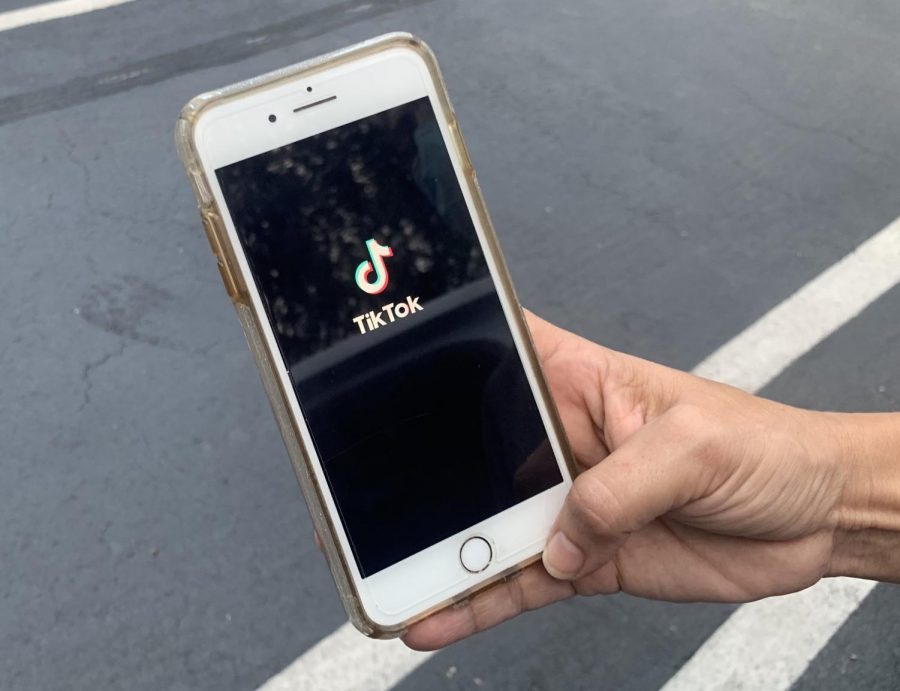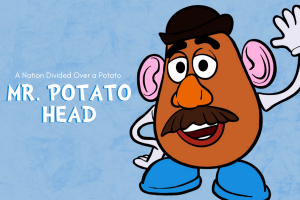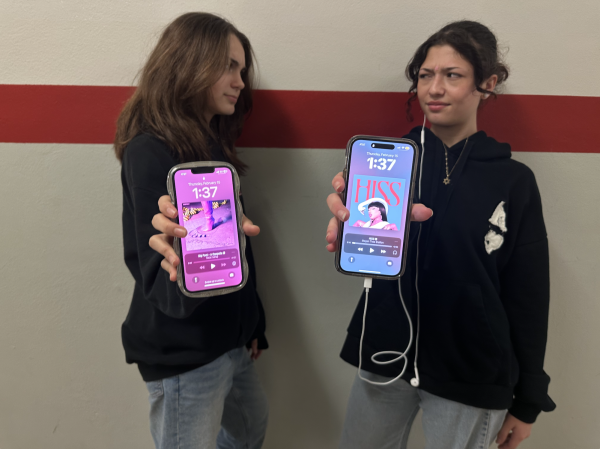Indian Tiktok Ban Does More Harm than Good
The Tiktok ban in India has had a major affect on the social media application, which has lost a major part of its audience. Users load the app on their phones to watch short yet entertaining videos.
Jul 19, 2020
Tiktok, a Chinese social media application launched in 2016, has amassed a great number of users since its rise in popularity. Unfortunately for millions of users, India made the decision to officially ban the app towards the end of June. It came as a result of growing border tensions, as a violent face off involving Chinese troops in the Himalayas left twenty Indian soldiers dead. As a result, many “tiktokers” have been upset with the government’s response. This newly enforced ban has taken away a major source of entertainment for teens, has damaged the careers of influencers who depend on the app as a source of income and could potentially be avoided entirely through communication and negotiations.
Having the second biggest population in the world, India was able to established a major influence in this online community. Before its removal, Tiktok reported estimates of having around 120 million monthly users just from the South Asian subcontinent. Its popularity stemmed from its ability to provide creative content for all kinds of audiences. Thus, banning the platform altogether has had its consequences. A major part of the app’s audience has disappeared and avid fans are left with a vacancy in their entertainment options. Many popular account owners shared their disappointment in the fact that they would no longer be able to participate in the sharing of short videos that had previously captivated so many. Even users in different countries who enjoyed “Indian Tiktok,” as it was branded, mourned its end with the hashtag “#RIPIndianTiktok”, amassing over 230,000 views on Tiktok videos in the time since the news broke. It is obvious that this ban has caused a major loss for users around the world.

I understand the motivations for banning the app, but I think Indian Tiktok has brought more fun than harm
— sophomore Massimo Aguila
Another problem with banning Indian Tiktok are the issues its popular influencers will have to face in maintaining their brands and careers. Many content producers have enjoyed quick rises to fame on the app, gaining millions of followers. Taking away their platform will only harm those who depend on it as a major source of income. Ulhas Kamathe, a 41 year old star on the platform, gained almost seven million followers in a matter of months after videos of him eating food went viral. He states that not only does he miss the uniqueness of Tiktok, but also the numerous paychecks given out to those with large followings. Even his own fans have claimed that they miss his videos and do not feel the same connection anymore. For others stars like Kamathe, the decision harms many influencers even more by taking away their financial stability.
Many have raised suspicions that Tiktok has secretly been stealing data from users and providing it to the Chinese government. This, along with the tense relationship between the two countries, has been cited as a justifiable reason for India’s ban. However, what would removing a globally used app with 800 million fans worldwide, along with 59 other apps, really do to reduce tensions between countries that have already been fighting for decades? Additionally, claims that Tiktok has been gathering and providing information to the Chinese government have been denied, with the point being made that its chief executive officer is an American citizen. Representatives say that it complies with all Indian laws and regulations as well. Some reports claim that the ban could be reversed by India’s government through negotiations, which seems to be a more productive response rather than banning a beloved social media app.
“Hearing about India banning Tiktok just worries me because I have heard talk that the same could happen in the United States. I spend a lot of time on the app and it would suck if Americans had to lose it too,” sophomore Gabriela Puns said.
Overall, this decision only seems to create more difficulties than it resolves, by eliminating entertainment options, hurting content creators financially and making an international conflict bigger than it should be. Fears that a similar ban could be enacted in the United States have arisen as the secretary of state Mike Pompeo announced that he and president Donald Trump were considering taking similar actions. All in all, a Tiktok ban anywhere definitely should be avoided as it is proven to provide little to no benefits and has caused an uproar among its loyal users. This idea should be avoided in the United States, as it would clearly bring harm to its tens of millions of users and stars for no reason.






















